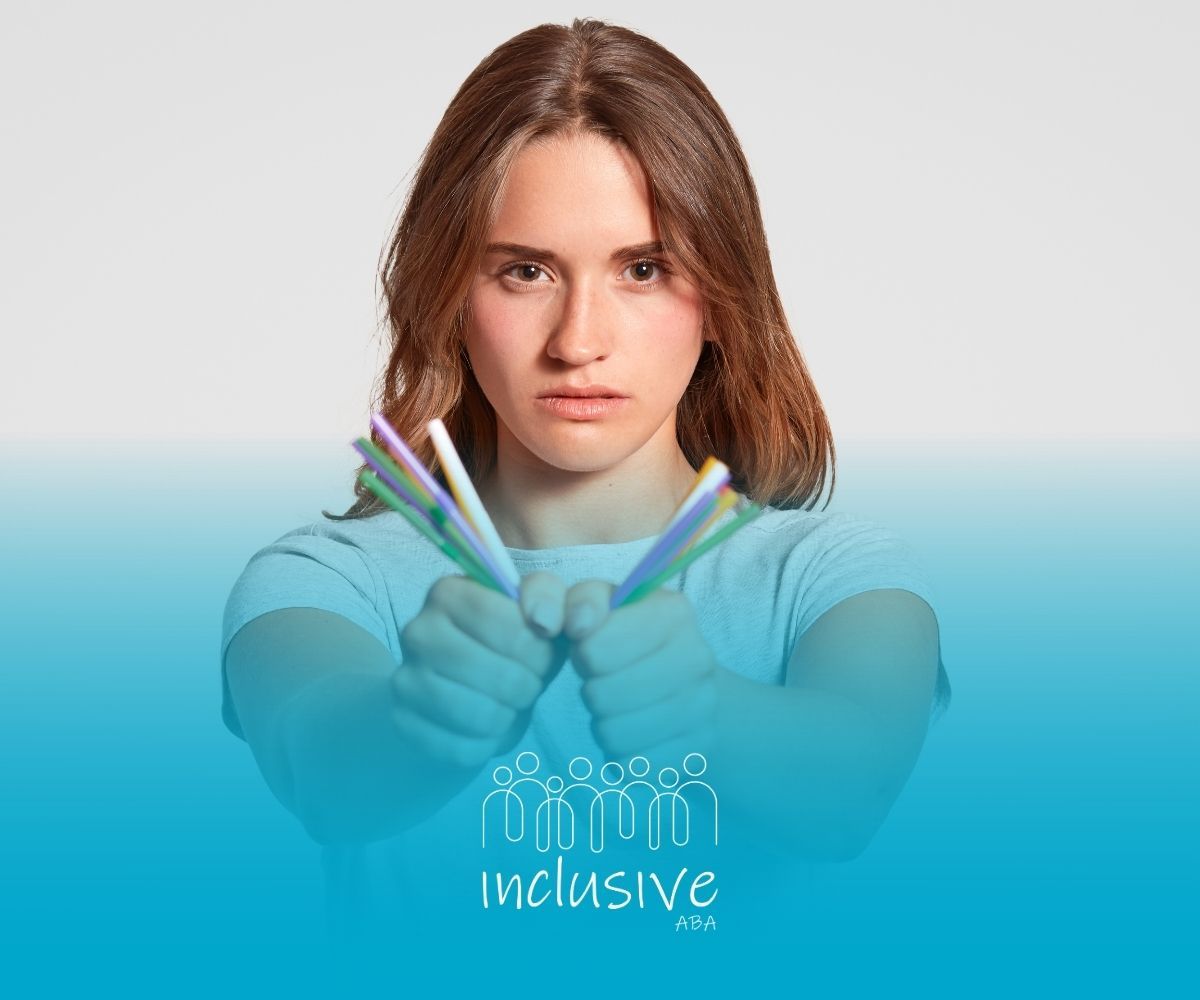Signs of Borderline Autism in Adults
Borderline autism in adults refers to individuals who exhibit some signs of autism spectrum disorder (ASD) but don't meet the full diagnostic criteria.
These individuals may experience challenges with social interaction, communication, and sensory sensitivities, yet they often function well in daily life.
Unlike full autism, where symptoms are more severe, borderline autism might show up as subtle traits, making it harder to identify without a professional autism assessment.
Symptoms of Borderline Autism
People with borderline autism often face difficulties in social settings. They may struggle with reading social cues, understanding body language, or initiating and maintaining conversations.
These challenges can sometimes lead to misunderstandings, leaving them feeling socially isolated or overwhelmed in group situations. Sensory sensitivities are another common feature, where certain noises, lights, or textures may feel overwhelming.
While adults with borderline autism often find ways to cope, these traits can still impact their quality of life, especially in social and work environments. Many can lead independent lives but may benefit from support in navigating social situations or managing sensory overload.
If you or someone you know identifies with some of these traits, seeking professional guidance can make a big difference. Inclusive ABA offers tailored autism services in Nebraska designed to support adults with borderline autism in improving social skills, managing stress, and enhancing overall well-being.
Reach out to Inclusive ABA today to learn more about how our services can help make life a little easier.
Looking for Expert Help? We're Here for You!
Our compassionate and skilled team is devoted to enhancing your child's development through customized ABA therapy. Let us partner with you to create a supportive environment for your child's success.
Discover how we can help your family thrive with expert ABA therapy.
Related Posts







